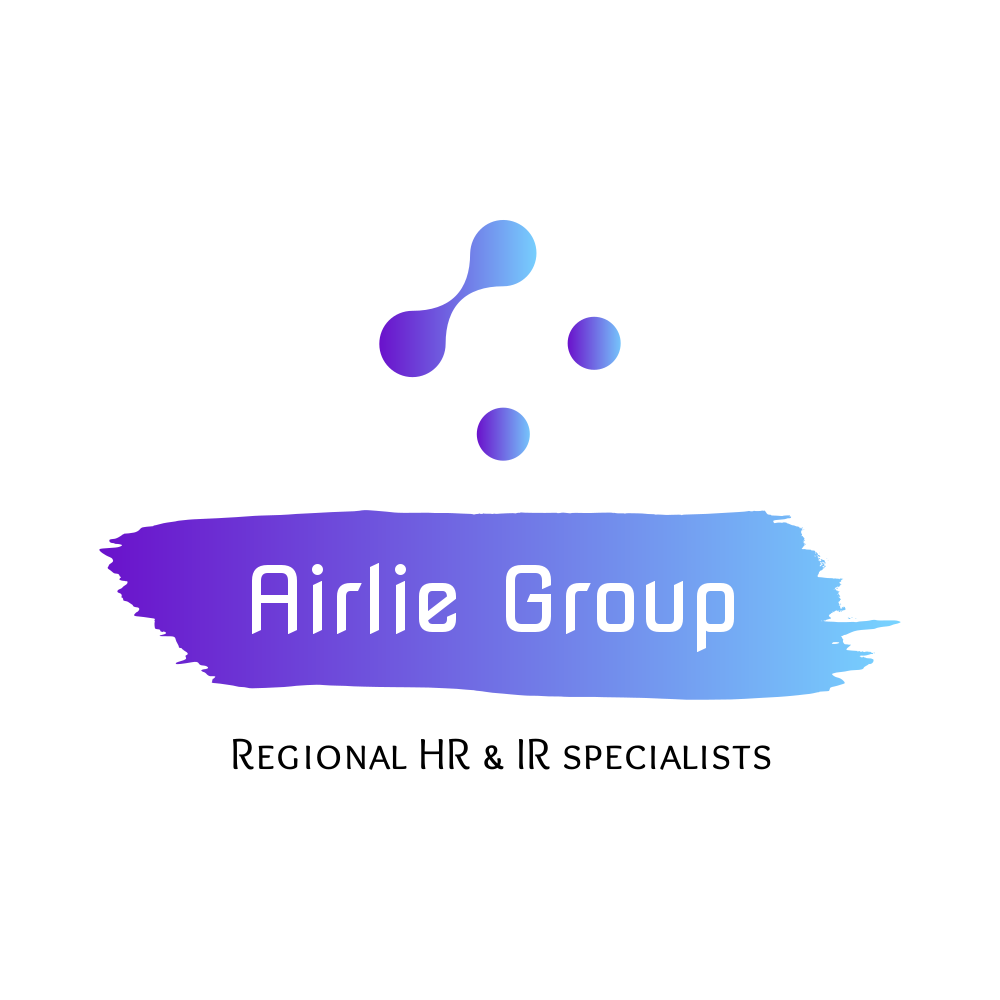From 26 August 2024, there are new rules about casual employment as part of the new ‘Closing Loopholes’ laws.
These include changes to how casual work is defined, the pathway to permanent employment and employee and employer responsibilities.
Changes are in currently effect and apply to all modern awards, noting if your employees do not have an existing common law contract the relevant award (or an Enterprise Agreement) will apply to their employment conditions.
What’s changed?
We now have a new statutory definition of ‘casual employee’ means there is a new focus on how the employment contract is performed, that is a casual employee can accept or reject work, receive a casual loading, work as required based on the needs of the business as the described work is ‘casual’ in nature.
With this new definition, the following has come into play:
- Employers must retroactively apply the new definition to all current casual employees, providing their employment meets the new definition.
- Commencing soon, there will be mechanisms in place for casual employees to request conversion to permanent part- or full-time employment contracts. Requesting a casual conversion will automatically constitute a “workplace right” meaning that, if not handled properly by employers, could result in industrial relations risk and non-compliance. This will come into effect in 6-months from 26 August 2024 for large businesses and 12-months for small business.
What it means for employers?
Unfortunately, the new changes have increased the burden on business to manage an added layer of complexity and compliance red tape to the employee-employer relationship. However, industrial relations expert, Mark Lipkin from The Airlie Group, suggests the following practices to employers:
- For all new casual employees ensure offer of employment is consistent with the new definition and issue the Casual Employment Information Statement (CEIS) in addition to the Fair Work Information Statement.
- Review all existing casual employees to ensure the current employment is consistent or inconsistent with the legislation and revise existing contracts by issuing a letter of variation capturing amendments in writing and provide a copy of the CEIS.
- Create an anniversary-based matrix to understand proportion of casuals against tenure, employment requirements and workforce plan-lookahead.
- For small businesses (<15 employees) casual conversion requests need to be considered against the reasonableness test and be responded to. The reasonableness test considers the following questions – Would the conversion require significant adjustment in hours? Will the position still be available in 12-months? Would the hours diminish in 12-months?
- For non-small businesses (>15 employees) where a casual was worked for 12-months (with 6-months on an ongoing basis) conversion obligations apply and must be made in writing within 21-days after the 12-month anniversary.
Local industrial relations support

The Airlie Group provides specialist industrial relations and human resources to local industry.
They offer Chamber members a free of charge initial consultation on employee and industrial relations matters, resulting in structured general advice. Contact Mark Lipkin and The Airlie Group today to start the conversation.
We encourage Chamber members and all businesses in the region to remain proactive and well-informed about changes that impact your business. Please reach out to your professional advisers, review your processes, and take the necessary steps to address these changes effectively.
By acting now, you can protect your business and maintain a competitive advantage in the ever-evolving business landscape.
Note: This is provided for informational purposes only and does not constitute legal or expert industrial relations advice. Employers are advised to consult with employment law professionals to ensure compliance with applicable laws and regulations.


 Announcing the nominees for the 2024 Whitsunday Business Awards
Announcing the nominees for the 2024 Whitsunday Business Awards